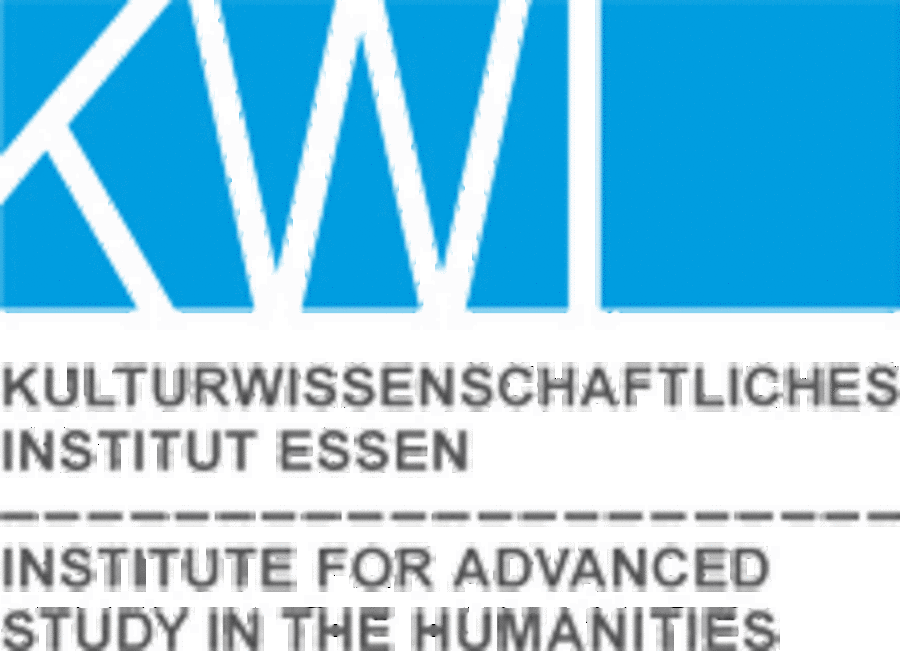Zusätzliche Lehrveranstaltungen im SoSe 26 | Stand: 25.02.2026
Zusätzliche Lehrveranstaltungen im SoSe 26 | Stand: 25.02.2026

Institute for Advanced Study in the Humanities
(Kulturwissenschaftliches Institut - KWI) Essen
The exploitation of the occupied territories was a fundamental objective of the National Socialist policy of expansion and conquest in the Second World War. This history has thus far been written above all as economic macrohistory or in relation to the exploitation of workers in the context of forced labour. A third strand, within a field of perpetrator-centred historiography, is research on the so-called hunger plan, according to which the Wehrmacht in the occupied Soviet Union was to be fed "from the land" and "surpluses" of food were to be transported to the German Reich. To this end, the starvation of the local populations under occupation was a willingly accepted consequence. Those who were seen by the occupiers as "useless eaters" - often women, children, the sick and the elderly, but also incarcerated prisoners of war and large parts of the Jewish population - faced extremely poor survival odds.
Whereas the German policies of exploitation and some of the groups most affected by this have been well researched, considerably less attention has been paid to the Europe-wide systems of food allocation and rationing. Put more generally: The ways in which people dealt with shortages which resulted from the conditions of occupation have hardly been examined systematically in research to date. This includes not only how local populations dealt with the occupiers as "rivals" in extremely restricted markets, but also, and above all, the examination of expedient (sub-)economies with their own sites and practices, which included works canteens, the black market, bartering, smuggling and, not least, prostitution due to poverty.
The conference will address these and other questions in a comparative European perspective. In doing so, shortage will be understood as an experience which arose widely across occupied Europe in specific regional forms. Central to the conference will therefore be strategies and practices employed by those affected by shortage and policies of hunger in order to deal with this very situation created by the occupation. Gender- and age-specific aspects will be addressed, as well as forms of (asymmetrical) trade between Jews and non-Jews under the conditions of persecution. The effects of these experiences on the occupied societies as a whole are also of interest.
For more information and to register to take part, please contact Tara.Windsor[at]kwi-nrw.de or agnes.laba[at]herder-institut.de.